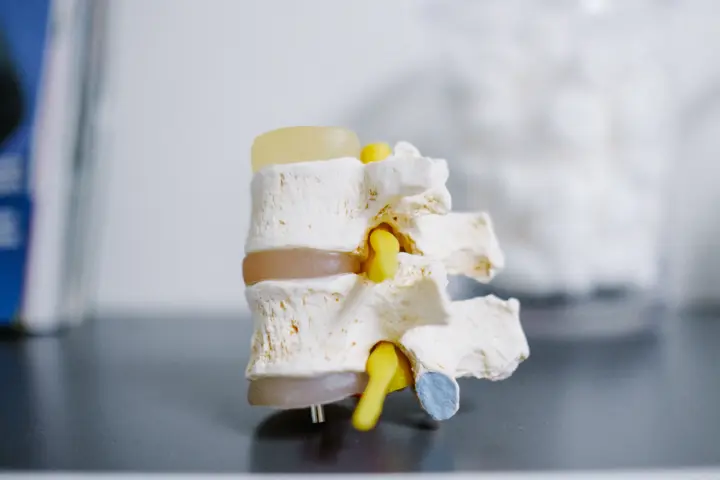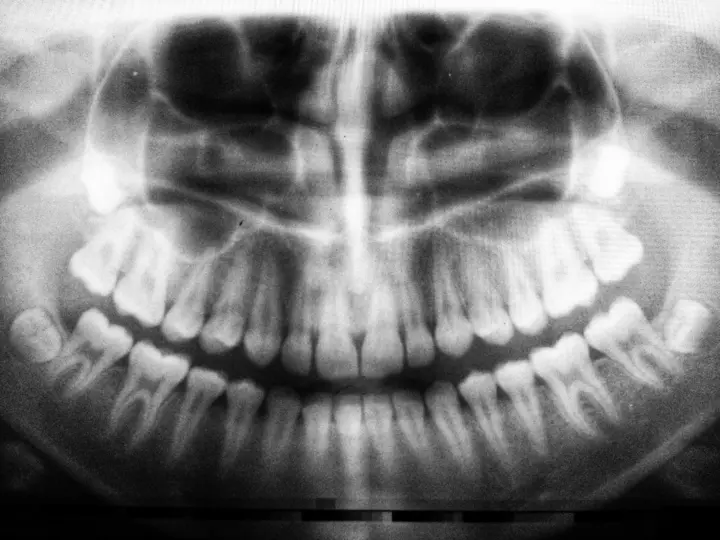What foods increase the percentage of calcium in the body?
Calcium is a mineral known for its key role in bone health. It also helps maintain heart rhythm, muscle function and many other health benefits. Your body is rich in calcium. About 99% of this mineral is stored in bones and teeth, and 1% in blood and soft tissues. Eating calcium-rich foods is important for bone growth and keeping them strong. It is also an important nutrient for healthy cell function. Your body needs calcium to support muscle and nerve function, regulate blood pressure and hormone levels, and help communicate between cells. Calcium is known for its key role in bone health and recent studies show that to get some of its benefits, calcium should be obtained from food rather than supplements.
Recommend
Show key points
- Calcium is an essential mineral primarily stored in bones and teeth, supporting bone strength and overall skeletal health.
- Beyond bone health, calcium plays a vital role in muscle function, heart rhythm regulation, nerve signaling, and hormone balance.
- The body continuously rebuilds bones, and a calcium-rich diet can help prevent bone loss and conditions like osteoporosis, especially after age thirty.
- ADVERTISEMENT
- Calcium obtained from food sources, such as dairy products and leafy greens, is generally more effective and safer than supplements for most people.
- Adequate levels of vitamin D are necessary for proper calcium absorption and maintaining healthy calcium levels in the bloodstream.
- Consuming calcium-rich foods can also help prevent kidney stones by reducing the absorption of dietary oxalates.
- People with special dietary needs or medical conditions may require calcium supplements but should consult a doctor for proper guidance.
What is calcium?

Calcium is a mineral known for its key role in bone health. It also helps maintain heart rhythm, muscle function and many other health benefits. Your body is rich in calcium. About 99% of this mineral is stored in bones and teeth, and 1% in blood and soft tissues. Eating calcium-rich foods is important for bone growth and keeping them strong. It is also an important nutrient for healthy cell function. Your body needs calcium to support muscle and nerve function, regulate blood pressure and hormone levels, and help communicate between cells. Calcium is known for its key role in bone health and recent studies show that to get some of its benefits, calcium should be obtained from food rather than supplements.
Health Benefits of Calcium

Calcium has many uses. It is a component of antacids, and doctors use it to control high levels of magnesium, phosphorus and potassium in the blood. It may also relieve symptoms of premenstrual syndrome (PMS) and help prevent some cancers. Furthermore, calcium is an important nutrient for:
1. Cellular function: Your body maintains a certain level of calcium in your blood at all times so that your cells can function properly. Low levels of calcium in your blood will signal your body to borrow calcium from your bones.
2. Bone health: Your bones are breaking down and rebuilding continuously. You can develop osteoporosis when there is an imbalance between building and destroying bones.By the age of thirty, you build bones faster than breaking them down. After the age of thirty, the rates are reversed. It is for this reason that the bones of older people are more fragile and more prone to fracture. One way to prevent bone loss after the age of thirty is to get enough calcium, which reduces the amount your body takes in from your bones. Calcium supplements are a standard for treating and preventing osteoporosis and the condition that often comes before it, which is osteopenia (loss of bone density).
3. Control blood pressure: Calcium helps blood vessels contract and relax, so you need it to maintain healthy blood pressure.
4. Reduced risk of kidney stones: Calcium also prevents the formation of kidney stones by reducing the body's absorption of oxalate, which is found in many foods such as spinach, beets, berries and sweet potatoes. Oxalates are associated with an increased risk of kidney stones, and only calcium in food — not supplements — can help reduce that risk.
Calcium and vitamin D

Your body needs vitamin D to properly absorb calcium in your gut and maintain enough calcium in your bloodstream. Some foods, such as salmon and cheddar cheese, contain vitamin D and calcium.
Foods rich in calcium

Although many supplements are available, scientists recommend that at least half of the amount of calcium you eat comes from your diet. These seven foods are some of the best sources of calcium:
1. Dairy products: Products such as milk, yogurt and cheese are rich in calcium and tend to be the best absorbed sources as your body does not absorb calcium from plant foods as well as from them
2. Calcium-fortified foods: Grains are often fortified with calcium. Some fortified pills provide up to 100 milligrams of calcium per serving.
3. Canned Salmon: Apart from dairy products, canned salmon is one of the best dietary sources of calcium. Just 3 ounces of canned salmon provides 181 milligrams. Salmon also contains vitamin D, which helps the body absorb more calcium.
4. Canned cooked beans: Half a cup of canned cooked beans contains approximately 60 milligrams of calcium. Beans also contain a lot of fiber.
5. Figs: Dried figs are a healthy, sweet and calcium-rich snack. Two figs contain about 27 milligrams of calcium. This fruit is a natural sweetener and a healthy alternative to refined sugars.
6. Dark green leafy vegetables: Cooked cabbage, spinach and cabbage are good sources of calcium. Surprisingly, cooked cabbage contains more calcium per serving than milk, at 177 milligrams per cup. This versatile lush green also fights heart disease, cancer, and infections.
7. Whey protein: One hundred grams of whey protein contains 485 milligrams of calcium.
Calcium Supplements

You may want to talk to your doctor about calcium supplements and the best way to take them if you:
1. Follow a vegetarian diet
2. You can't digest lactose (you can't tolerate lactose)
3. Eat or drink too much protein or sodium, which can cause your body to lose more calcium
4. You have thin and weak bones (osteoporosis)
5. Take long-term corticosteroid treatments
6. You have a disease of the intestine or digestive system and an inability to absorb calcium well
Calcium is a mineral that is essential for bone health, muscle function and much more and is stored mostly in your bones and teeth, but a small part of it is found in your blood and tissues. Calcium supplements are very popular, but recent studies suggest that it is better to get some benefits from food sources such as dairy products and calcium-fortified foods rather than supplements. Suggestions for how much calcium you should get vary by age and stage of life.








